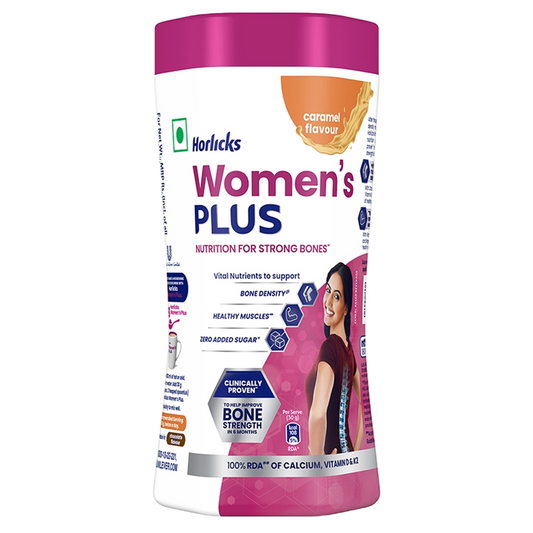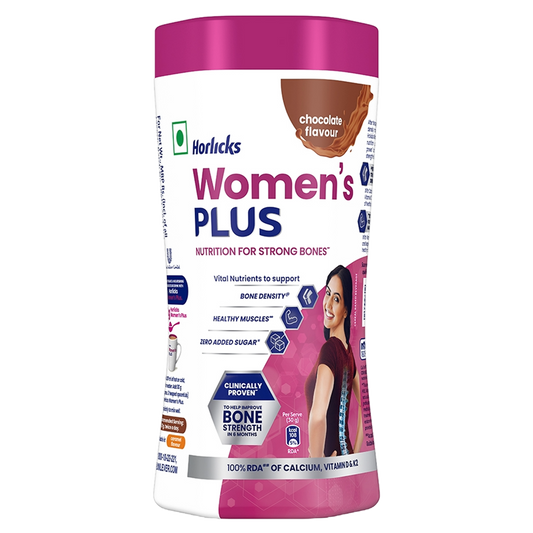3.Improves Resistance Against Lifestyle Disorders
Vitamin D helps in building resistance against lifestyle disorders such as cardiovascular diseases, obesity, diabetes.
Causes of Vitamin D Deficiency and Symptoms
Given how amply blessed with sunlight India is, India's prevalence of Vitamin D deficiency is surprising. However, multiple reasons can impair your body's ability to synthesize Vitamin D3.
These include:
- Not getting enough Vitamin D from your diet
- High levels of pollution in your city or living in apartment buildings that inhibit sunlight
- Obsessive usage of sunscreen
- Not spending adequate time outdoors
- The level of melanin in your skin (darker the skin, lesser the absorption of Vitamin D)
A Vitamin D deficiency can manifest itself in the form of the following symptoms4:
- Constant fatigue and tiredness
- Joint and muscle pain
- Mood swings
- Bone pain
- Muscle twitching
- Weakness
If not treated promptly, prolonged Vitamin D deficiency may lead to more severe health problems such as cardiovascular diseases, diseases such as diabetes, and complicated pregnancies.
Repercussions Of Vitamin D Deficiency In Women
Vitamin D deficiency in women over 30 can lead to high-risk pregnancy, low bone density, muscle and bone wasting, and osteoporosis, or brittle and weak bones. It impacts muscle performance and increases the risk of fall and related osteoporotic fractures5.
Sources Of Vitamin D
There are plenty of sources that you can use to fulfil your Vitamin D requirements. These include the following food items:
1. Milk
Incorporating cow milk into your diet can help you in getting around 20% of your daily Vitamin D requirement.
2. Egg yolks
In addition to being an excellent source of Vitamin D, including eggs in your diet has many health benefits (from the egg yolk). Consume eggs in your favourite recipes, just don't consume more than one egg yolk a day if you're only eating the yolks.
3. Fatty fish
Fatty fishes such as mackerel, tuna, salmon, and herring are great sources of Vitamin D. In addition to being amazing sources of Vitamin D, fatty fishes also provide you with a healthy dose of other nutrients such as calcium, phosphorus, protein, and omega 3 fatty acids.
4. Mushrooms
Apart from Vitamin D, mushrooms are great sources of several other nutrients such as Vitamins B1, B2, B5. However, the level of Vitamin D that mushrooms can provide varies in different varieties. Sun-dried mushrooms are your best bet when it comes to Vitamin D.

5. Plain yoghurt
Plain yoghurt (fortified with Vitamin D) that does not have high sugar content is an amazing source of Vitamin D. Adding a bowlful of curd to your daily diet can help you keep Vitamin D deficiency at bay.
6. Oatmeal
Including oatmeal and cereals, fortified with Vitamin D to your breakfast is another way to increase your Vitamin D intake. Fortified oatmeal (along with other whole grains) also contains other important Vitamins, minerals, and complex carbohydrates 6
7. Orange Juice
Fortified orange juice can also be a good source of Vitamin D. Add a glass of refreshing orange juice to your breakfast to boost the level of Vitamin D in your diet.7
8. Supplement your diet:
You can also try supplementing it with a nutritious beverage like Horlicks Women's Plus. It's a nourishing beverage made specifically for women. Its advanced #CALSEAL formula contains 100 percent of the daily requirement of calcium, Vitamin D, and Vitamin K2, the three key nutrients linked to bone health.
Vitamin D aids calcium absorption, and Vitamin K2 aids calcium binding to bones. It will help you avoid low bone density and osteoporosis if you combine it with a healthy lifestyle and a well-balanced diet.
Additionally, it is low in fat and features a ‘no added sugar^’ composition, which makes it a good choice for health-conscious women. Horlicks Women’s Plus is available in delicious caramel and chocolate variants.
Even though getting enough Vitamin D from the morning sun is the best way to ensure that your body produces enough, it's also important to eat Vitamin D-rich foods to boost your levels.









